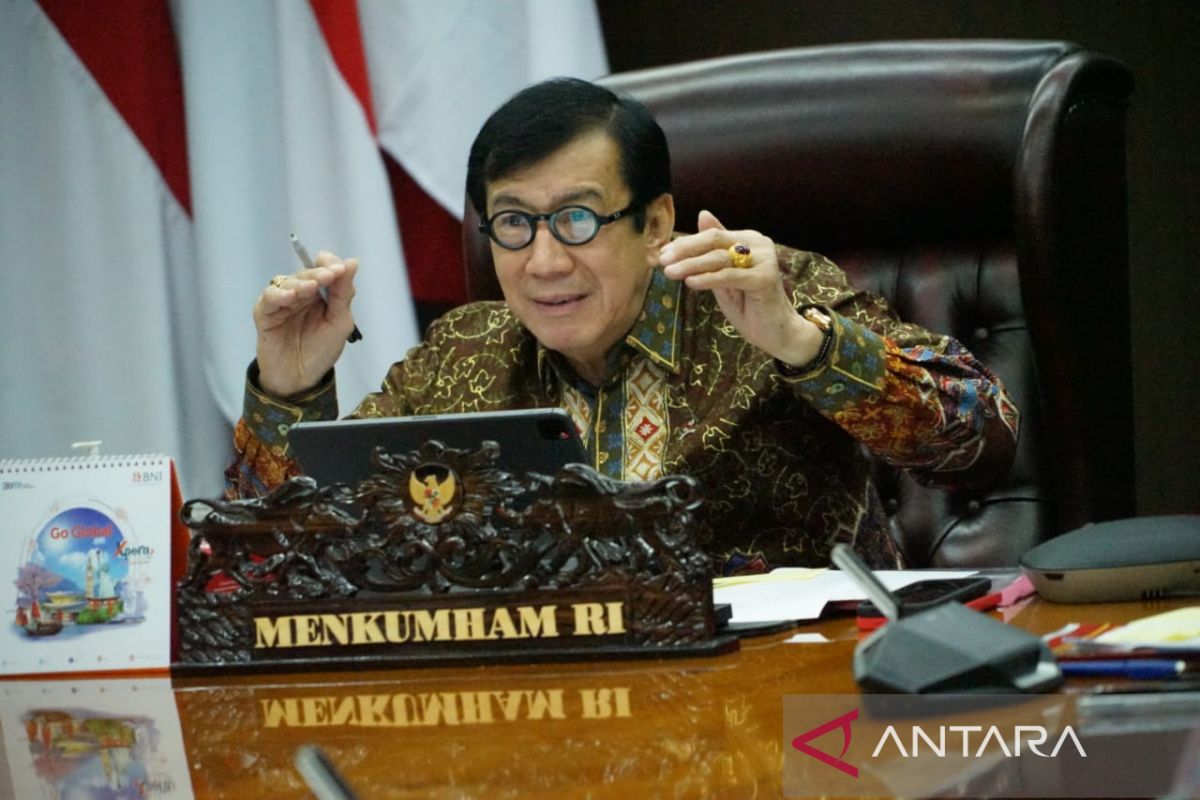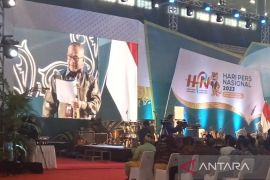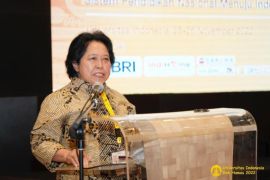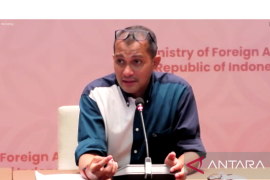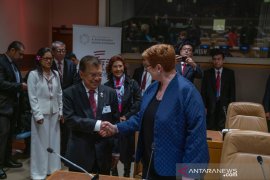"(This is) especially for the business sector, foreign investors, and tourists," Laoly stated through virtual means at the American-Indonesian Chamber of Commerce (AICC) meeting here.
One of the meeting agendas is to clarify controversial issues related to articles of the new Criminal Code, especially concerning extramarital sex that has been restricted by law.
The minister remarked that the Criminal Code respects personal privacy and would not change the treatment of foreigners in Indonesia.
Moreover, the extramarital sex offence is considered by the KUHP as an absolute antragsdelikt -- criminal offence that requires the victim to file a complaint for the prosecution to proceed.
Criminal Code articles concerning extramarital sex are substantially not different from the old criminal code, he stated while adding that the new Criminal Code restricted parties permitted to file the complaint on behalf of the victims to their partner, parents, and children.
"No other party could file the complaint or take the matter into their own hands in the name of morality," Laoly stated.
He affirmed that articles restricting extramarital sex do not regulate "accessory to the crime" to the extramarital sex offence, as hotels are not required to inquire from each guest about their marital status.
The minister regrets misinterpretations of the law that became a cause for concern for the tourism sector and investment in Indonesia. He said his side would collaborate with the Ministry of Tourism and Creative Economy to clarify about the Criminal Code to relevant parties.
Related news: UN letter on Criminal Code too late: deputy minister
Related news: Spokesman gives clarification on adultery article of new criminal code
Translator: M Zulfikar, Nabil Ihsan
Editor: Rahmad Nasution
Copyright © ANTARA 2023
